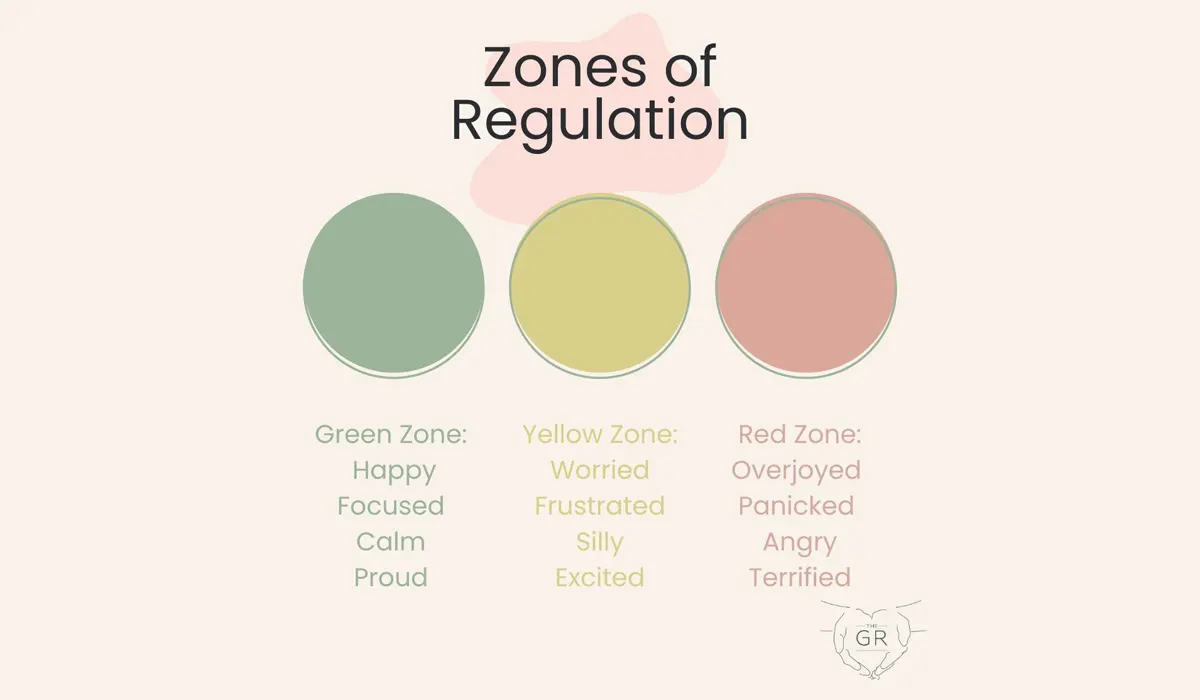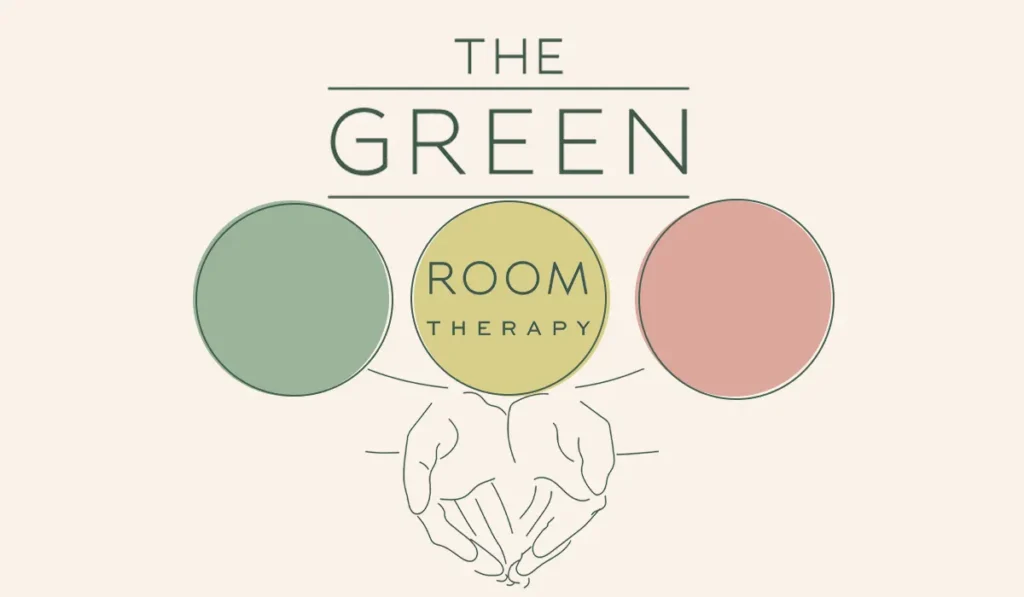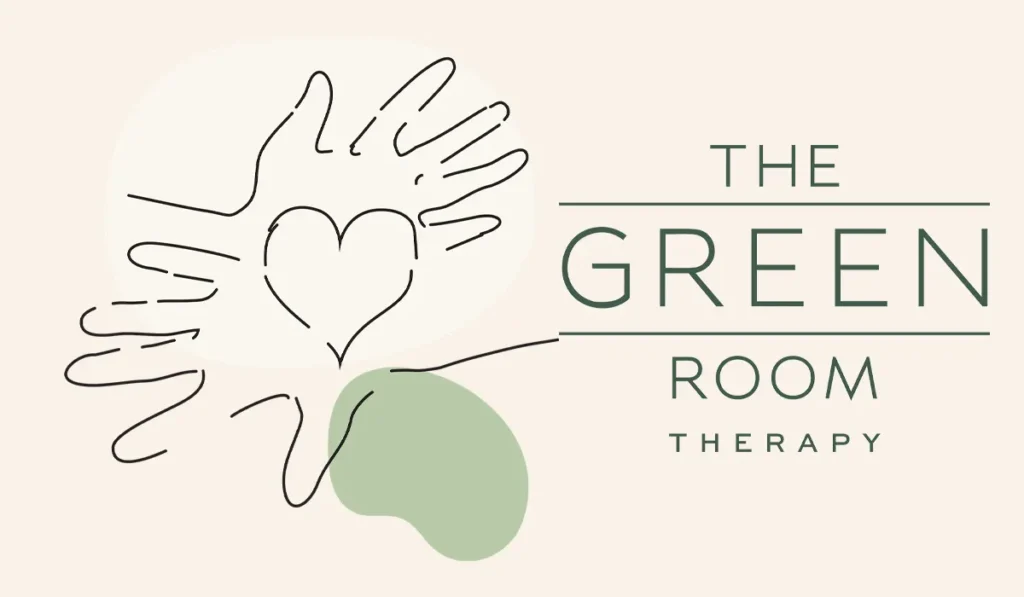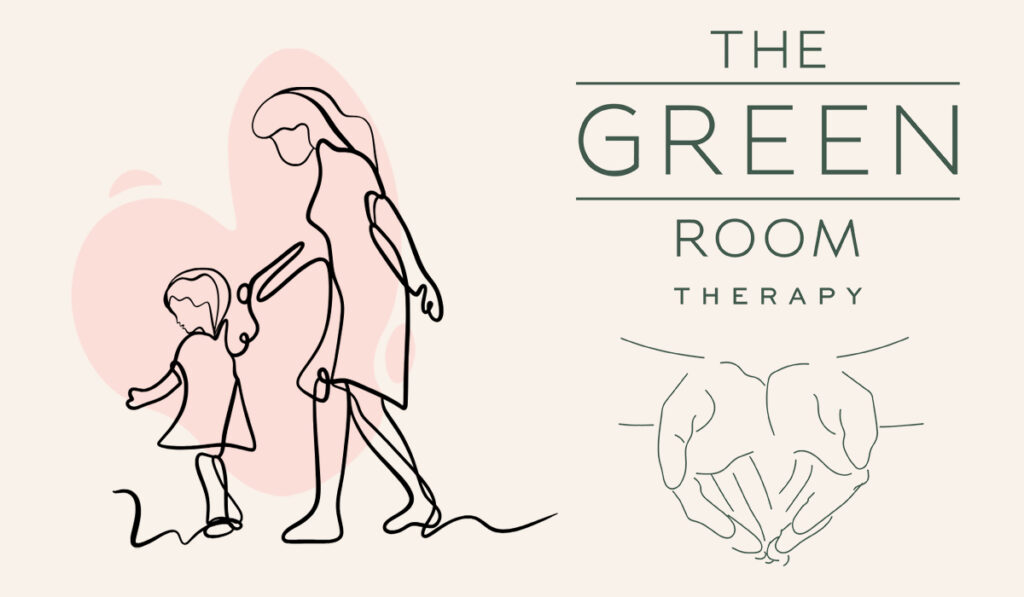I think it’s worth devoting some time talking about sleep and establishing a good bedtime routine. Sleep is what I consider one of the Bare Bones that are necessary for physical and emotional regulation. Ultimately, it’s important for both adults and children to have a consistent, healthy sleep schedule. However, developmentally, kids are not able to regulate their bodies the way adults can. As adults, we forget once we are older what it feels like to be a child. We might like to stay up late on a weekend night and then sleep in to make sure we get enough sleep. Even if we don’t sleep in, we can check our bodies and figure out what we need to manage ourselves so that we can still function throughout the day.
Children are not able to regulate their bodies so easily. For one, they really don’t know how to identify that feeling. Children live in the moment and they focus on what is happening right in front of them. It’s not typical for a child to say, I need to stop playing to go to bed or eat a meal. Often, they cannot even recognize they need to stop to use the restroom!
I love the idea of organically allowing children to recognize when they need to sleep or eat but we cannot rely on that to happen on its own when other stimuli are present. Playing is too much fun to stop to eat or get ready for bed.
What children need is for their parents to establish a consistent bedtime routine to set them up to learn and recognize those body cues. The more consistent, the better the learning. It’s understandable for there to be adjustments from time to time if there is an activity or even that disrupts the routine. Vacations and illness can also disrupt the routine. That’s okay, once the day-to-day is back to normal, then the consistent routine or schedule resumes. Children will adjust well to that, especially if they are comfortable with the routine.
Ideally, the routine should consist of these anchors: dinner, bath/shower (or getting into PJs depending on the bathing schedule), teeth, stories, use the bathroom, lights out/snuggle time, and sleep. I understand that work schedules, other children’s bedtimes, or evening activities can shift or adjust the ideal routine. No worries, just create as much consistency within the routine and meet the desired anchors to keep it streamlined.
The more free flowing and/or loose, the higher the risk of disregulation (inability to keep the body and mind calm and stable in any given moment) in the child. Kids are going to ask and push to get what they want. Sleep can be scary or the child might have FOMO (fear of missing out). Sometimes learning how to fall asleep is a process and it doesn’t come easily to everyone. In addition, the more tired children are, the harder it is to regulate their bodies so they can settle to actually fall asleep. When you establish clear anchors, they will know how to prepare themselves within those limits.
Lastly, I’d like to bring back the idea that children don’t function like adults. They need sleep. They need sleep to physically grow, their brains need sleep to develop, and their sensory systems need sleep to stay regulated during awake hours. Depending on the age, children need sleep between 9-15 hours. If you want to encourage positive, healthy functioning during the day at home, at school, with friends or in sports, please set up a good, consistent bedtime and sleep routine. Everyone involved will benefit from it with their overall functioning.
I’ll be back with more!
Debra Jill









